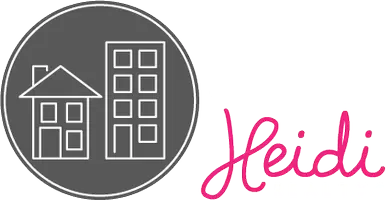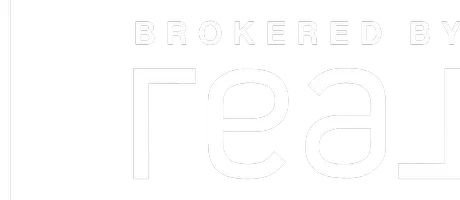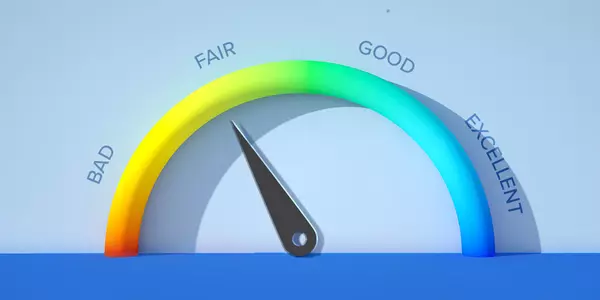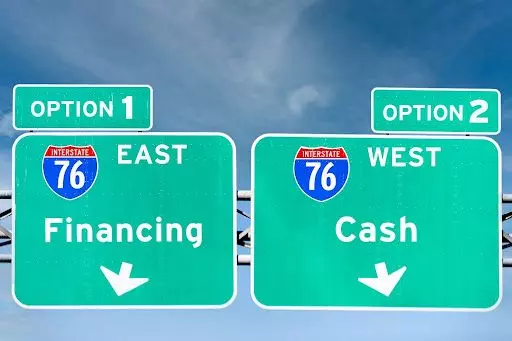Comparing Mortgage Types

Comparing Mortgage Types
When it comes to financing a home, choosing the right mortgage can significantly impact your financial future. There are various types of mortgages available, each with its own set of advantages and disadvantages. Understanding the differences between these mortgage types can help you make an informed decision that aligns with your financial goals and circumstances. Here’s a comprehensive guide to comparing different mortgage types:
1. Fixed-Rate Mortgages
A fixed-rate mortgage is one of the most common and straightforward types of home loans. With this type of mortgage, the interest rate remains constant throughout the life of the loan, providing predictable monthly payments.
Advantages:
- Predictability: Fixed-rate mortgages offer stable and predictable monthly payments, making it easier to budget and plan for the future.
- Protection from Rate Increases: Borrowers are protected from rising interest rates, as the rate is locked in for the entire loan term.
Disadvantages:
- Higher Initial Rates: Fixed-rate mortgages often have higher initial interest rates compared to adjustable-rate mortgages.
- Less Flexibility: If interest rates decrease, borrowers with fixed-rate mortgages may miss out on potential savings unless they refinance.
Common Terms:
- 15-Year Fixed-Rate Mortgage: Shorter loan term with higher monthly payments but lower total interest paid over the life of the loan.
- 30-Year Fixed-Rate Mortgage: Longer loan term with lower monthly payments but higher total interest paid over the life of the loan.
2. Adjustable-Rate Mortgages (ARMs)
An adjustable-rate mortgage (ARM) has an interest rate that changes periodically based on a market index. ARMs typically start with a lower initial interest rate, which can adjust upward or downward over time.
Advantages:
- Lower Initial Rates: ARMs often have lower initial interest rates compared to fixed-rate mortgages, resulting in lower initial monthly payments.
- Potential Savings: Borrowers may benefit from falling interest rates without the need to refinance.
Disadvantages:
- Rate Uncertainty: The interest rate and monthly payments can increase significantly over time, making it harder to budget.
- Complexity: ARMs are more complex and may come with caps, margins, and adjustment periods that borrowers need to understand.
Common Types:
- 5/1 ARM: Fixed rate for the first five years, then adjusts annually.
- 7/1 ARM: Fixed rate for the first seven years, then adjusts annually.
3. Interest-Only Mortgages
An interest-only mortgage allows borrowers to pay only the interest on the loan for a specific period, typically 5 to 10 years. After the interest-only period, the loan converts to a traditional mortgage with higher monthly payments.
Advantages:
- Lower Initial Payments: Borrowers benefit from lower initial monthly payments during the interest-only period.
- Cash Flow Flexibility: Ideal for borrowers who expect their income to increase in the future or who want to invest the savings elsewhere.
Disadvantages:
- Payment Shock: After the interest-only period, monthly payments increase significantly, as borrowers begin to pay both principal and interest.
- No Equity Build-Up: During the interest-only period, borrowers do not build equity in the home.
4. FHA Loans
FHA loans are government-backed mortgages insured by the Federal Housing Administration (FHA). They are designed to help first-time homebuyers and those with lower credit scores or limited down payments.
Advantages:
- Low Down Payment: FHA loans require a down payment as low as 3.5% of the purchase price.
- Flexible Credit Requirements: Borrowers with lower credit scores may qualify for FHA loans.
Disadvantages:
- Mortgage Insurance: Borrowers must pay both an upfront mortgage insurance premium (MIP) and an annual MIP, which increases the overall cost of the loan.
- Loan Limits: FHA loans have maximum loan limits that vary by location, potentially limiting the amount borrowers can finance.
5. VA Loans
VA loans are mortgages guaranteed by the U.S. Department of Veterans Affairs (VA) and are available to eligible veterans, active-duty service members, and certain members of the National Guard and Reserves.
Advantages:
- No Down Payment: VA loans often require no down payment, making homeownership more accessible.
- No Private Mortgage Insurance (PMI): Borrowers are not required to pay PMI, reducing the overall cost of the loan.
- Competitive Interest Rates: VA loans typically offer lower interest rates compared to conventional loans.
Disadvantages:
- Funding Fee: Borrowers must pay a VA funding fee, which can be financed into the loan. This fee varies based on factors such as down payment and service history.
- Eligibility Requirements: Only eligible veterans, service members, and certain surviving spouses qualify for VA loans.
6. USDA Loans
USDA loans are backed by the U.S. Department of Agriculture (USDA) and are designed to help low-to-moderate-income borrowers in eligible rural areas.
Advantages:
- No Down Payment: USDA loans do not require a down payment, making them an attractive option for eligible buyers.
- Low Mortgage Insurance: USDA loans have lower mortgage insurance premiums compared to FHA loans.
Disadvantages:
- Geographic Restrictions: USDA loans are only available for properties in eligible rural areas, which may limit the pool of potential homes.
- Income Limits: Borrowers must meet income eligibility requirements based on the location and family size.
Conclusion
Choosing the right mortgage is a critical decision that can have long-term financial implications. Each type of mortgage has its own set of advantages and disadvantages, and the best choice depends on your financial situation, goals, and preferences. Fixed-rate mortgages offer predictability and stability, while adjustable-rate mortgages provide lower initial rates with potential future adjustments. Government-backed loans, such as FHA, VA, and USDA loans, offer unique benefits for specific groups of borrowers. By understanding the differences between these mortgage types and evaluating your own needs, you can make an informed decision that aligns with your homeownership goals. Consulting with a mortgage professional can also provide valuable insights and help you navigate the complexities of the mortgage process.




